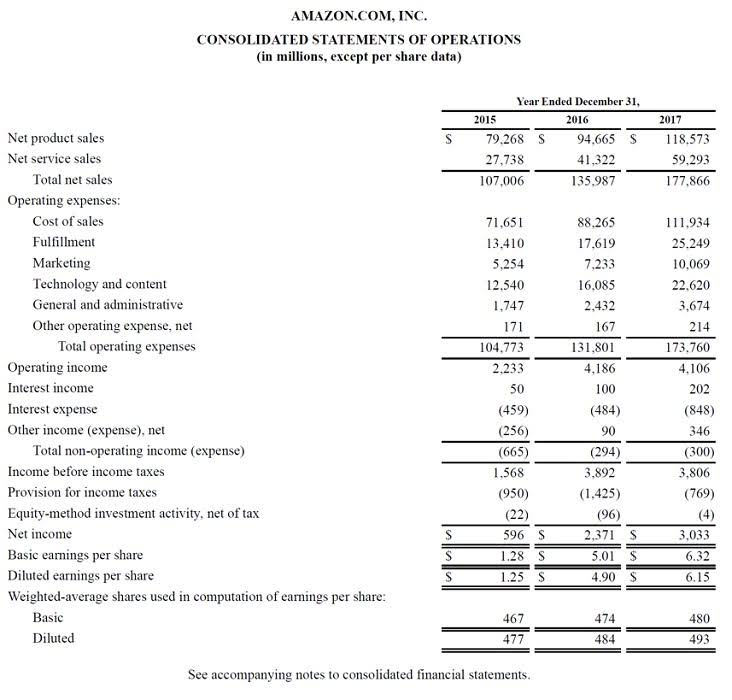
If you’re still simply reacting to fraud and theft, you’re putting your organization, your employees, and your reputation at risk. Accounts payable fraud is among the easiest frauds to perpetrate, since most of the money leaving a company legitimately goes through the accounts payable function. To learn more about AP fraud, visit our Essential Guide to Accounts Payable Fraud. An employee accepts (or asks for) payments from a vendor in exchange for an advantage.
How Payroll Fraud Affects Businesses Financially

Employee payroll fraud is a serious threat, but adopting these safeguards can dramatically reduce the risk your company faces in this area. Payroll fraud can result not only in criminal charges but also in the loss of a job or career. As a result, it is vital to defend against any claims or charges of this form of fraud. If you have been suspected of payroll fraud, consult with a fraud lawyer. When an employer hires a new employee, the employee is required by law to complete tax forms, which are subsequently incorporated into the employer’s payroll system.
- For instance, IRS’ Employer’s Supplemental Tax Guide for worker classification guidelines severely penalizes workers for misclassification.
- The HMRC officers will require access to all any relevant books and records and has the right to take copies of any documents they require.
- It involves manipulating payroll processes to divert funds, either by inflating hours worked, falsifying employee records, or creating fake employees.
- It is crucial to closely monitor employees with access to sensitive data and financial systems.
How much does payroll fraud cost employers?

Employees may falsify sales data or performance metrics to trigger unearned commissions, often in sales-driven organizations with lax oversight. This fraud involves inflating hours worked, falsifying clock-in records, or claiming unauthorized overtime. Remote and field-based teams are particularly susceptible due to limited Outsource Invoicing physical supervision. Employees may also falsify mileage claims or travel expenses, such as hotel stays or meal costs.

Financial Repercussions for Organizations
- Regularly review payroll records to ensure there aren’t any ghosts on the books.
- This can result in penalties from regulatory bodies, damage to the organization’s reputation, and a loss of trust among investors and clients.
- Investing in a payroll automation system, such as Deel, reduces opportunities for fraudulent manipulation.
- You may get a false payslip showing that Income Tax and National Insurance contributions have been deducted.
- It’s often committed by an employee that (either accidentally or intentionally) fails to pay back an advance payment.
- Together, these actions form your defense against fraudulent activities.
Train your staff to recognize red flags like ghost expenses, unlocked pay rate changes, or unexpected changes in bank details. employer payroll frauds Implement robust cybersecurity mechanisms that encrypt data, enforce multi-factor access, and restrict permissions. Run regular audits (monthly or quarterly), and don’t forget external reviews to keep everything honest. Together, these measures cut down fraud opportunities and reinforce trust across the organization.
- An individual (or group of individuals) illicitly gains funds from an organization’s payroll processing system.
- Small businesses are more vulnerable because they often lack the proper internal checks and balances.
- While these documents will show Income Tax and National Insurance contributions being deducted, the tax due is not paid across to HMRC.
- A more expensive alternative is to use biometric time clocks, which uniquely identify each person who is signing into the time keeping system.
- Keep diligent records with clear details that your organization can use to monitor employee activity—and see anomalies.
- This post will answer these questions and discuss the most common types of payroll fraud and how an expert fraud barrister can aid in common payroll fraud cases.
Ghost employees may never have existed, or they may no longer be current employees of the organization, but are intentionally left on the payroll. This fraud is typically more prevalent in larger organizations with large numbers of employees and weak internal controls. The ghost employee fraud scheme is when someone creates and sets up a fake employee to receive wages. This scheme is typically attempted by someone inside the company, such as a manager or HR professional, who has access to payroll and is able to https://www.mediagrid.ro/2022/09/30/the-best-bookkeeping-for-independent-contractors/ set up a fake employee file. The evolution of technology has provided new tools and methods for detecting and preventing ghost employee fraud. These advancements have enhanced the ability of organizations to analyze vast amounts of data and identify anomalies that may indicate fraudulent activity.


Ý Kiến Phản Hồi